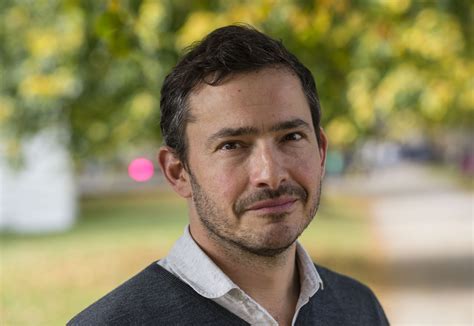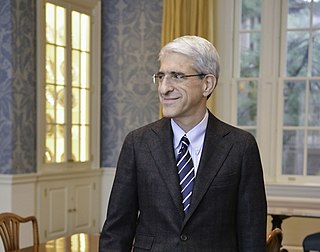A Quote by William John Wills
You should carefully study the Art of Reasoning, as it is what most people are very deficient in, and I know few things more disagreeable than to argue, or even converse with a man who has no idea of inductive and deductive philosophy.
Related Quotes
I studied philosophy in school, became disgruntled by the fact that it was a way to have a very interesting conversation with very few people about very few things in very narrow terms and yet still believed (and still believe today) that there was something that I was getting myself involved in when I said I wanted to study philosophy.
Some of my understanding of what philosophy and ethics is has changed very slowly. One thing that has changed is this for quite a long time I bought-into the idea that philosophy is basically about arguments. I'm increasingly of the view that it isn't. The most interesting things in philosophy aren't arguments. The thing that I think is underestimated is what I call a form of attending. I think that philosophy is at least as much about carefully attending to things as it is about the structure of arguments.
It is difficult to distinguish deduction from what in other circumstances is called problem-solving. And concept learning, inference, and reasoning by analogy are all instances of inductive reasoning. (Detectives typically induce, rather than deduce.) None of these things can be done separately from each other, or from anything else. They are pseudo-categories.
The Reader may here observe the Force of Numbers, which can be successfully applied, even to those things, which one would imagine are subject to no Rules. There are very few things which we know, which are not capable of being reduc'd to a Mathematical Reasoning, and when they cannot, it's a sign our Knowledge of them is very small and confus'd; and where a mathematical reasoning can be had, it's as great folly to make use of any other, as to grope for a thing in the dark when you have a Candle standing by you.
We often value the exterior and superficial aspect of things more than their inner reality. Bad manners taint everything even justice and reason. The 'how' of things matters most, and even the most disagreeable matters can be sweetened and gilded over with the proper appearance. Such is the bias and the weakness of the human mind.
You can teach people specific reasoning, such as how to fly a kite or build a wheel. General reasoning cannot be imparted upon people, particularly if they like things the way they are - meaning, if their reactions are very simple. The reason most people behave badly or poorly is because they only understand simple things.
Papers should include more side remarks, open questions, and such. Very often, these are more interesting than the theorems actually proved. Alas, most people are afraid to admit that they don't know the answer to some question, and as a consequence they refrain from mentioning the question, even if it is a very natural one. What a pity! As for myself, I enjoy saying 'I do not know'.
PICARD: There is no greater challenge than the study of philosophy. WESLEY: But William James won't be in my Starfleet exams. PICARD: The important things never will be. Anyone can be trained in the mechanics of piloting a starship. WESLEY: But Starfleet Academy PICARD: It takes more. Open your mind to the past. Art, history, philosophy. And all this may mean something.
When philosophers talk about reason they often have in mind Having been in the business of philosophy more than half my life, I have learned that reason doesn't change many minds. But there's a more ordinary sense of resonableness, which involves not just logic but a sensitivity to other peoples real concerns, a desire to understand, even when you don't agree. Many people are reasonable in this way.I'm willing to think that the world will be made better by the conversations of reasonable people, even if there are unreasonable people and people who don't want to converse as well.
The task of art is to take hold of the shining, the radiance, the manifestation, of that which as spirit weaves and lives throughout the world. All genuine art seeks the spirit. Even when art wishes to represent the ugly, the disagreeable, it is concerned, not with the sensory - disagreeable as such, but with the spiritual which proclaims its nature in the midst of unpleasantness. If the spiritual shines through the ugly, even the ugly becomes beautiful. In art it is upon a relation to the spiritual that beauty depends.





































